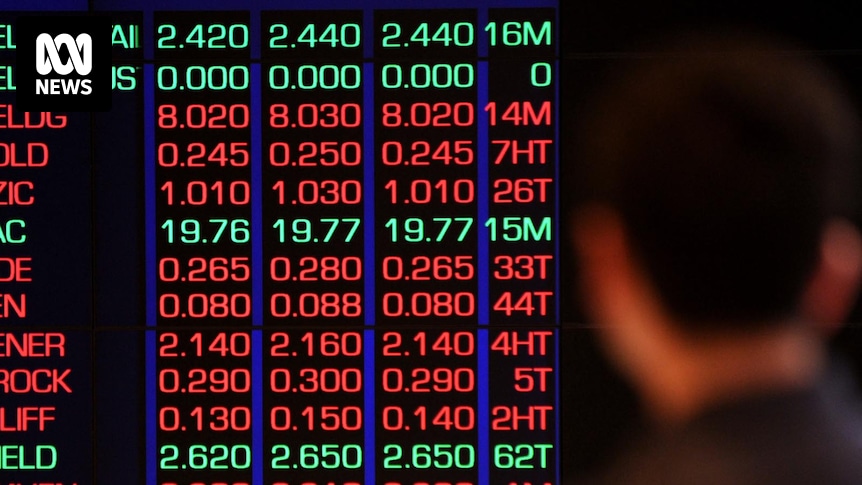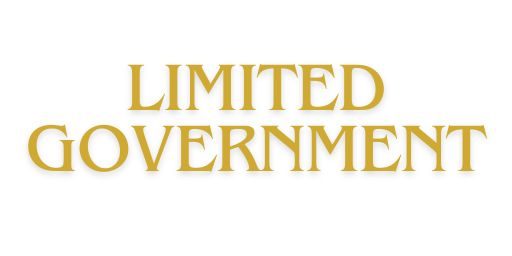
Live updates: Australian share market to fall ahead of monthly inflation, Wall Street sinks
Here’s a short piece from the friend of the blog David Taylor.
Millions of mortgage borrowers will be eagerly awaiting the release of key inflation data out later today.
The Bureau of Statistics’ Monthly inflation gauge will show if any further progress has been made in bringing underlying inflation back to where the Reserve Bank wants it — between 2 and 3 per cent.
Rental price increases, says AMP’s deputy chief economist, Diana Mousina, are keeping inflation above the Reserve Bank’s target band of between 2 and 3 per cent.
“Rents can be problematic for sticky inflation because they don’t tend to come down at a fast rate.
“So when you’re in a period of elevated rental growth, you don’t normally tend to see big fluctuations in that.”
And, she says, more broadly, higher costs of services continue to weigh on household budgets and they’re also pushing up inflation.
“So the services prices are things like rents, they are things like insurance and finance, they’re things like medical and hospital charges, personal care services.
“Those are the main ones that have been adding to inflation.
“So we just need to see a slowing in that.”
But at least one major bank reckons rental price growth is set to remain elevated.
This week, JPMorgan noted: “The combination of strong population growth and weak residential construction activity suggests Australia’s dwelling supply challenges are likely to persist, which in our view will continue to exert upward pressure on residential rents.”
In other words, a lack of housing supply will continue to push rents up, and that’s not great for inflation either.
The ABS will publish the trimmed mean inflation figure for November today at 11.30am AEDT.
It’s the measure that strips out volatile price movements in the economy, like petrol.
If it comes in much lower than expected for the year to November, economists will raise their chances of a February RBA interest rate cut.




